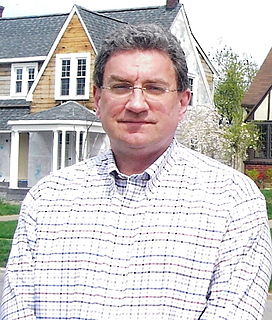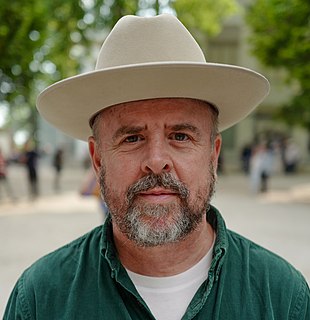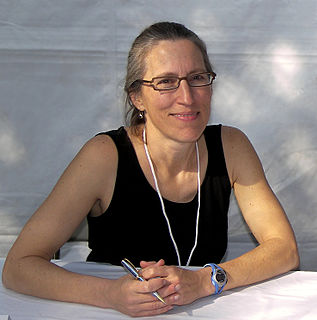A Quote by Paul Auster
Holes in the memory. You grab on to some things, others have completely disappeared.
Quote Topics
Related Quotes
So many people that we met had some sort of connection to the [Olympics] games. Some story about how they volunteered there, or some sort of memory of it. It still is in the cultural memory and identity of these cities as much as it is in the physical and architectural memory. It's where these two things overlap, I think, that we're trying to explore with the photos.
Let the Bible be the Bible. It's not about science. It's not accurate history. It is a grab bag of religious fantasies written by many authors. Some of its myths, like the Star of Bethlehem, are very beautiful. Others are dull and ugly. Some express lofty ideals, such as the parables of Jesus. Others are morally disgusting.
Some people say they use images to help them remember intricacies. Others say they just remember. If they are able to form an image of the face, it is because they remember how it was: it is not that an image guides memory, but that memory produces an image, or the sense of imaging. We have no agreed way to talk clearly about such things.
However, you have to recognize that regulations will never be completely successful and they will always be full of holes. You must constantly be ready to fill new holes. Actually regulation should be kept to a minimum, but there has to be some cooperation between market participants and authorities - as was the case in the early postwar years. The Bank of England was a very successful regulator by cooperating with market participants. This cooperative spirit was broken by the market fundamentalists.
I must say a few words about memory. It is full of holes. If you were to lay it out upon a table, it would resemble a scrap of lace. I am a lover of history . . . [but] history has one flaw. It is a subjective art, no less so than poetry or music. . . . The historian writes a truth. The memoirist writes a truth. The novelist writes a truth. And so on. My mother, we both know, wrote a truth in The 19th Wife– a truth that corresponded to her memory and desires. It is not the truth, certainly not. But a truth, yes . . . Her book is a fact. It remains so, even if it is snowflaked with holes.


































